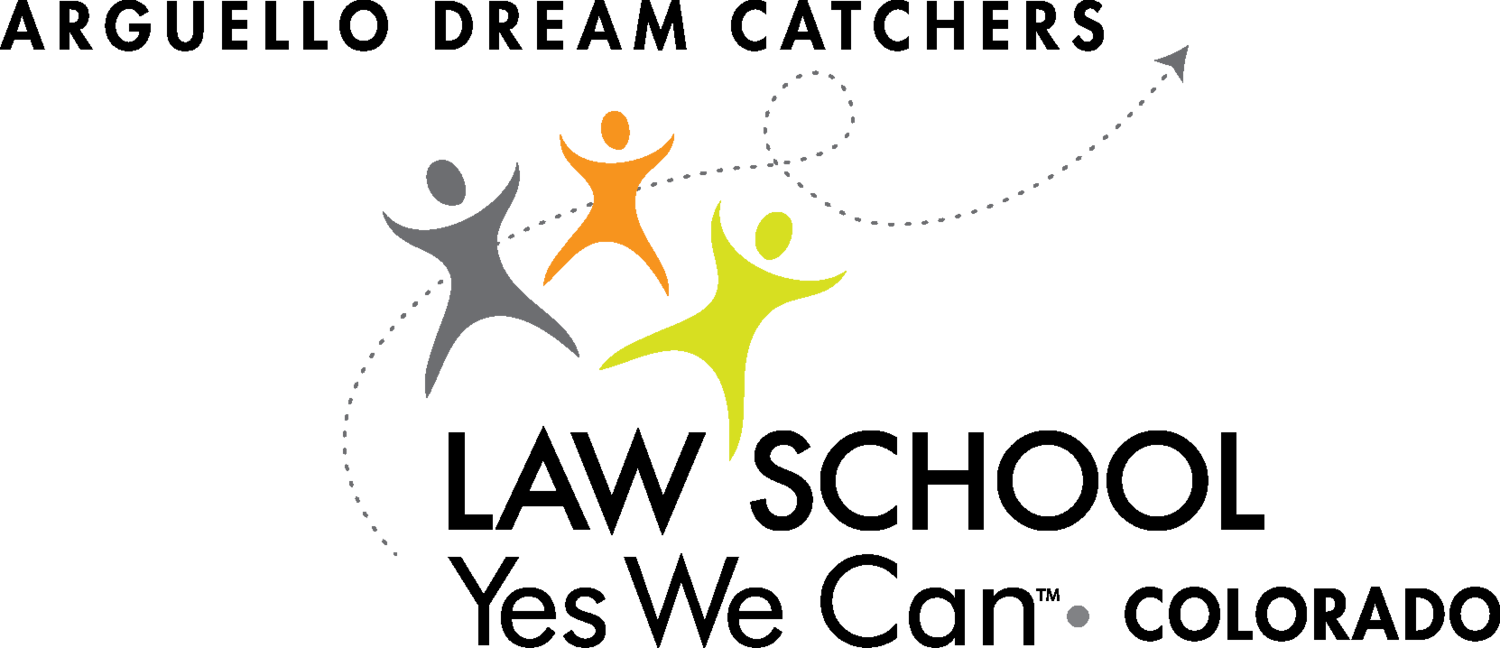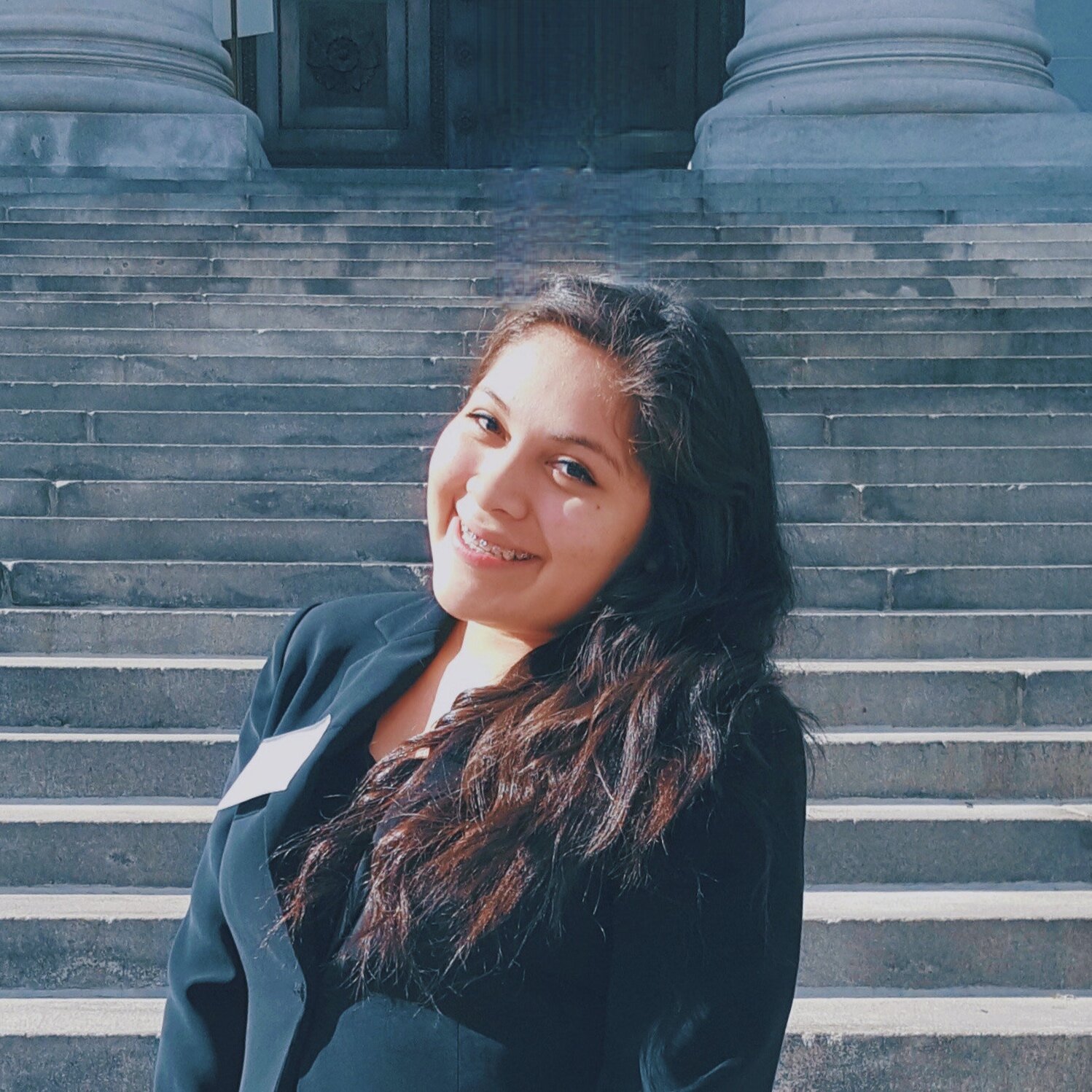BLOG | Citlalith Medrano
How LSYWC Helps Prepare Me For Law School
June 1, 2020
Going to law school always felt like a far-fetched dream. I was prepared to make it my reality, but I never expected to be this close to reaching it. I am currently in my junior year, and I am extremely grateful for the insight that Law School… Yes We Can (LSYWC) has gifted me. I realized the power behind this program while sitting in my Law and Society class. This is an upper-division class so most of the students taking it are close to graduating or set on going to law school. I was surprised when a lot of class discussion was based on other students’ confusion about law school. Students who were graduating that semester and had already been applying to law school were still unsure about how the law school application process worked. Our professor, being an attorney himself, was amazing enough to explain to us the process and answer any questions. I realized that a lot of the tips and advice he was giving, I had already been lucky enough to have heard from LSYWC and my mentors.
This program has taught me what to be mindful of when applying to law school—from knowing how to start building my resume to what expectations would be like in law school and how it will differ from undergraduate. One of my mentors even gave me the opportunity to sit in on one of his law school classes, so I would be able to get a better idea of the structure. Furthermore, I know the LSATs are a huge stressor for a lot of students wanting to go to law school and it’s a great feeling to know that LSYWC will be an asset helping me through the preparation. Law School… Yes We Can has helped me be closer to my dream than ever before.
Gained Knowledge
July 2, 2019
In May 2018, I had the great opportunity to attend a Colorado Women’s Bar Association (CWBA) event with some of my Law School…Yes We Can (LSYWC) fellows and Winter Torres, then-executive director of the program. Going into the event, I expected to hear about topics such as women in the workplace and the injustices women are facing in today’s society. While both of these subjects would have been timely due to current events., the CWBA event had even more to offer. It not only empowered me as a woman and minority but also as a human being. The event had a variety of speakers and activities, from self-care to interviews with successful women.
The speaker who impacted me the most spoke about the vocabulary and attitude we use toward minorities. Her eye-opening speech provided me with crucial knowledge I still use and continue to build on each day. At one point during her presentation, she took the time to explain the meaning of inclusion, equity, and diversity. Inclusion should be intentional and should be truly leveraging the abilities, unique qualities, and perspectives of individuals. The focus is that employees and clients feel welcomed and valued regardless of their diversity. Equity is system based and is created in developing systems where everyone can thrive. These systems should be free of bias, favoritism or injustices of any sort. Diversity may not always be intentional and is not just about race. Diversity is the difference of the individuals in a group, this can be economic status, abilities, languages spoken, prior jobs, gender, etc. These words, which are commonly used when talking about minorities, are often used interchangeably. Because I too have mistakenly used these terms interchangeably without thinking about their distinct meaning, I was so grateful the speaker shared her knowledge with all of us at the event. I was also excited and prepared to share the real meaning behind these powerful words and the right way to use them with others.
My opportunity to share my newfound insight arose during a job training where my coworkers and I were sitting in on a presentation about the diversity on the Metropolitan State University of Denver campus. We started discussing words the general public confuses and are not always used correctly. This conversation led me to define the three previous words that the speaker at the CWBA event discussed: inclusion, equity, and diversity. I informed my coworkers about the difference between these words and how they should be used, especially in the context of discussing minorities. My coworkers thanked me for sharing my perspective and said they would strive to use these terms correctly from that point forward.
I had always been grateful that LSYWC provided me the opportunity to attend great events, such as the CWBA event, where I could educate myself and gain valuable insight about important topics. Yet, at that moment, I felt an extra sense of gratitude because now I had passed on the baton to my coworkers who would hopefully share their newfound knowledge with others. At that moment I played an important role in informing people who would hopefully do the same and thereby create a chain reaction of awareness that will lead to a change in the discussion about minorities and diversity. If it weren’t for LSYWC and the opportunities they provide, I would not have acquired this valuable insight and been able to inform others about such an important topic.
“Sí, Se Puede” is a phrase born of farmworkers, who, under the leadership of the UFW, César Chávez, and Dolores Huerta, fought valiantly for equal protection under the law. As a result of the efforts of the UFW, “Sí, Se Puede” has become well known as a call that engenders hope and inspiration in those who face similar battles. We thank the UFW, whom we acknowledge to be the sole and exclusive owner of the Trademark SI SE PUEDE, for granting us a limited license to use“Sí, Se Puede” in connection with our efforts to recruit, in Colorado, students of Hispanic or Latino descent for our law school pipeline program. For more information about the programs offered by the UFW, please see UFW’s webpage (www.ufw.org); UFW Foundation’s webpage (www.ufwfoundation.org); and UFWF’s immigration services webpage (www.sisepuede.org)



